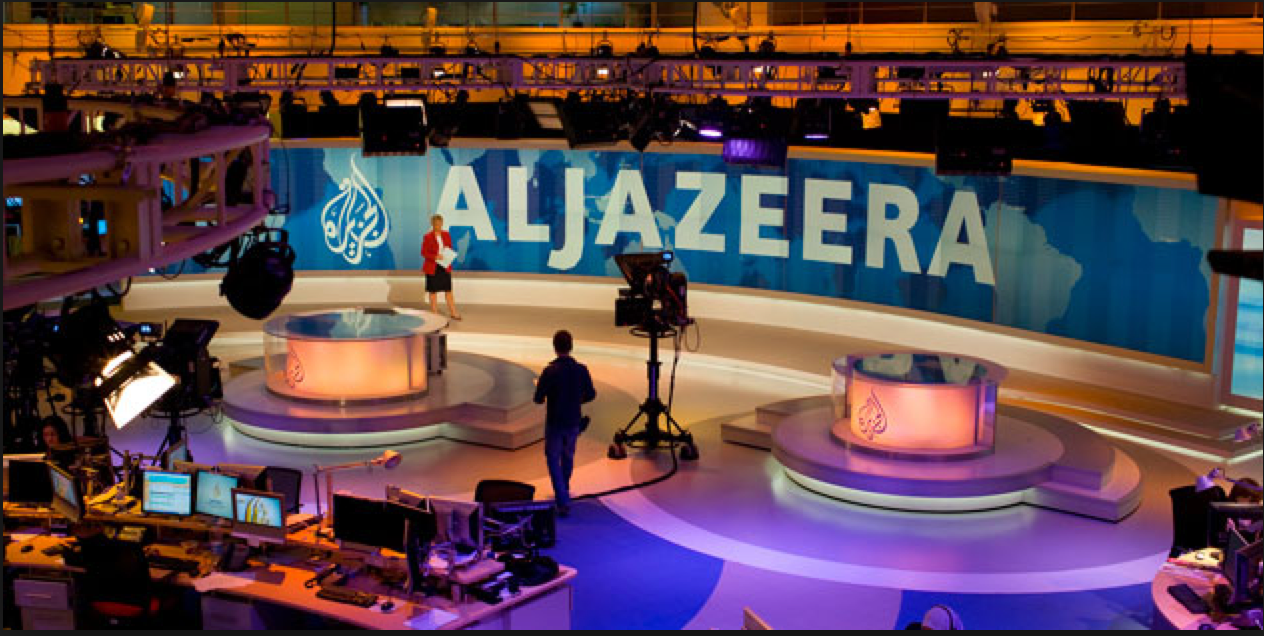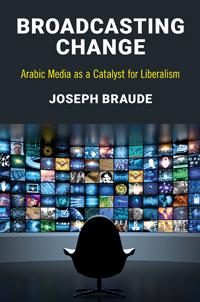 In August 17, UAE Foreign Minister Anwar Gargash tweeted an observation in Arabic about the standoff between Qatar on the one hand and Saudi Arabia, the UAE, Bahrain, and Egypt on the other, now about to enter its fourth month. “The Qatar crisis is a hornet’s nest,” he wrote. “Its weapons are money and weak souls. It is vital to reevaluate the high price of mercenaries, consciences, and pens, which are costly to the Gulf and the region.”
In August 17, UAE Foreign Minister Anwar Gargash tweeted an observation in Arabic about the standoff between Qatar on the one hand and Saudi Arabia, the UAE, Bahrain, and Egypt on the other, now about to enter its fourth month. “The Qatar crisis is a hornet’s nest,” he wrote. “Its weapons are money and weak souls. It is vital to reevaluate the high price of mercenaries, consciences, and pens, which are costly to the Gulf and the region.”
Gargash’s comment refers to the formidable investment of all parties in winning over public opinion, both within the Middle East and among the Gulf States’ Western allies. A memorable 2014 New York Times investigative report showed that American think tanks receive millions of dollars annually in contributions from GCC governments. The NYT named, among others, the Brookings Institution ($14.8 million from Qatar over four years) and the Center for Strategic and International Studies ($1 million from the UAE to build a new headquarters). More recent reporting from the UK describes $32 million in grants from Bahrain’s royal family to the London-based International Institute for Strategic Studies.
Lobbying and PR companies in both the United States and Britain receive many millions more. In both countries as well, more subtle forms of giving to former senior government officials aim to elicit their support.
Meanwhile, in Arab countries, not only do Gulf States’ own media outlets advocate their respective agendas; in newspapers and broadcasts in the broader region, journalists, editors, and public intellectuals receive cash gifts from Gulf coffers, too.
The Gulf money pipeline also affects inter-Arab relations. Aid and investment flows from rich to oil-poor Arab states reflect their positions on the GCC divide. Cash-strapped Morocco, for example, though a beneficiary of aid from every Gulf party to the conflict, depends disproportionately on Qatari money. King Mohammed VI has accordingly adopted a position of neutrality toward the GCC standoff, much to the chagrin of Morocco’s other Gulf allies.
To gauge the impact of the Gulf spending spree on American public opinion, the Saudi-owned newspaper Arab News commissioned the London-based YouGov to conduct a poll of 2,263 U.S. adults on July 19-21. For all such studies, the meaning of the results is largely in the eye of the beholder. Nonetheless, one way to sum up YouGov’s findings is that the Gulf States have been more effective at bruising each other’s reputations than at improving their own brands. Qatar comes across as the biggest loser: Most respondents who ventured an opinion about the country (as opposed to “I don’t know”) dubbed it “unfriendly” and an “enemy” to the United States. Asked about Doha’s flagship satellite channel, Al-Jazeera, most opined that its journalistic standards were low, its content demonizes America, and it has served as a mouthpiece for Osama bin Laden
But the results for the other Gulf States and Egypt were no great shakes either: Over three iterations of a similar question, the UAE was at one point designated an ally of the United States by 62 percent of respondents—an outlier among the group. Otherwise, no Gulf State including the UAE won the designation “friendly” from more than 39 percent. The survey results add nuance, in turn, to Gargash’s tweet about the “price” of this political slugfest: The region’s oil-endowed leaders may worry less about the tens of millions of dollars they are spending annually than the heavy toll in global esteem that appears to have been taken by all the mutual bashing.
There is a less cynical way to view the polling results, however. It could well be that Americans who take an interest in foreign policy—as opposed to the large “don’t know” category of the survey set—put little stock in PR campaigns. Instead, they follow the news, weigh conflicting viewpoints, and render an independent judgment. As to the think tanks and public figures from whom they draw information, it could be that most of them behave with integrity after all. That is because foreign money in Washington does not create convivial voices so much as it finds its way to voices that are already convivial. The result is an American public assessment of the Gulf standoff that turns out to be fairly accurate. Al-Jazeera’s Arabic channel is a hub of extremist indoctrination. The UAE, for its part, has earned its reputation as an American ally—by flying its own F-16s alongside American bombers in Syria and Iraq, and by countering extremism with a message of tolerance through Arabic media, all of which has found its way into the American discussion.

Speak Your Mind